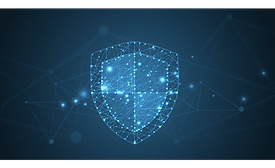Security & Business Resilience
Reexamining data privacy and protection amid COVID-19
As proposed legislation unfolds, security and privacy professionals should prepare to face the implications of greater responsibility and risk when it comes to data privacy.
September 23, 2020
Sign-up to receive top management & result-driven techniques in the industry.
Join over 20,000+ industry leaders who receive our premium content.
SIGN UP TODAY!Copyright ©2024. All Rights Reserved BNP Media.
Design, CMS, Hosting & Web Development :: ePublishing















